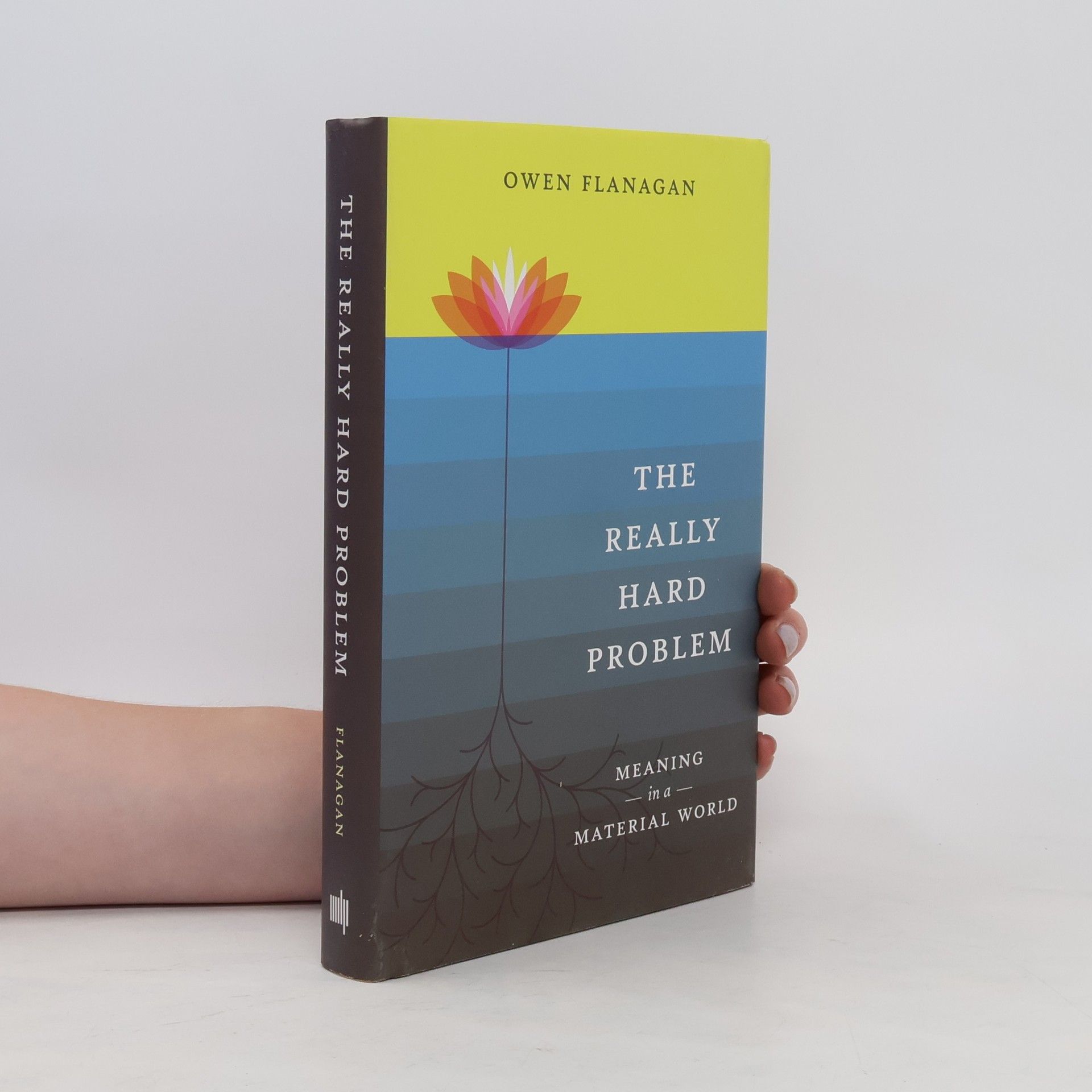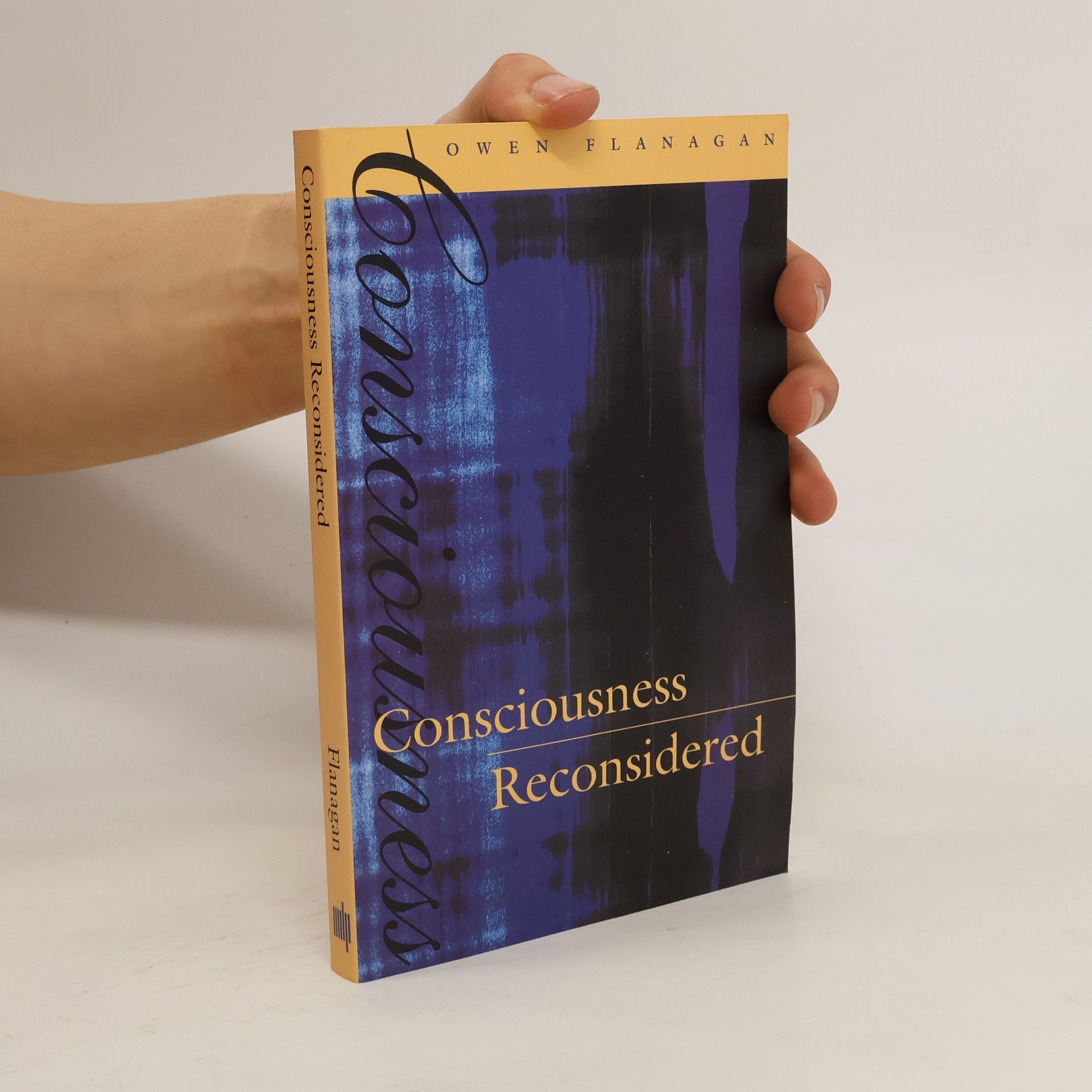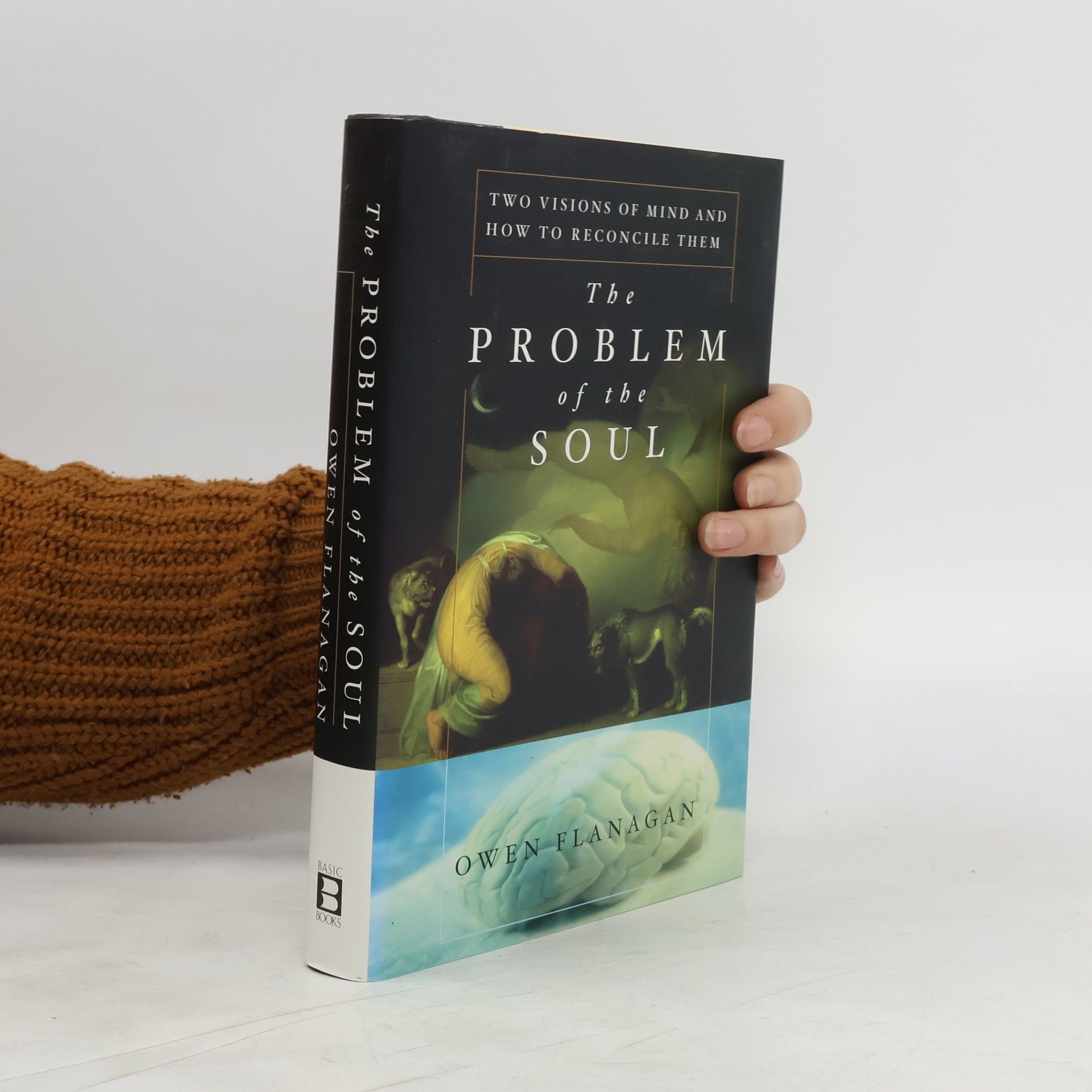Traditional ideas about the basic nature of humanity are under attack as never before. The very attributes that make us human--free will, the permanence of personal identity, the existence of the soul--are being undermined and threatened by the current revolution in the science of the mind. If the mind is the brain, and therefore a physical object subject to deterministic laws, how can we have free will? If most of our thoughts and impulses are unconscious, how can we be morally responsible for what we do? The Problem of the Soul shows the way out of these seemingly intractable paradoxes. Framing the conflict in terms of two dominant visions of the mind--the "manifest image" of humanistic philosophy and theology, and the scientific image--renowned philosopher Owen Flanagan demonstrates that there is, in fact, common ground, and that we need not give up our ideas of moral responsibility and personal freedom in order to have an empirically sound view of the human mind.
Owen J. Flanagan Books
Owen Flanagan is a leading philosopher and neurobiologist whose work delves into the nature of consciousness and ethics. He approaches the study of consciousness with a realistic view of its inherent difficulties, yet remains optimistic about finding solutions. Flanagan proposes a "natural method" for understanding consciousness, integrating subjective reports, psychology, cognitive science, and neuroscience to uncover how neuronal systems produce awareness. His contributions also shed light on scientific research into the roots of compassion, altruism, and peaceful human relationships.



Consciousness Reconsidered
- 234 pages
- 9 hours of reading
Owen Flanagan argues that we are on the way to understanding consciousness and its place in the natural order.
A noted philosopher proposes a naturalistic (rather than supernaturalistic) way to solve the "really hard problem" how to live in a meaningful way--how to live a life that really matters--even as a finite material being living in a material world.